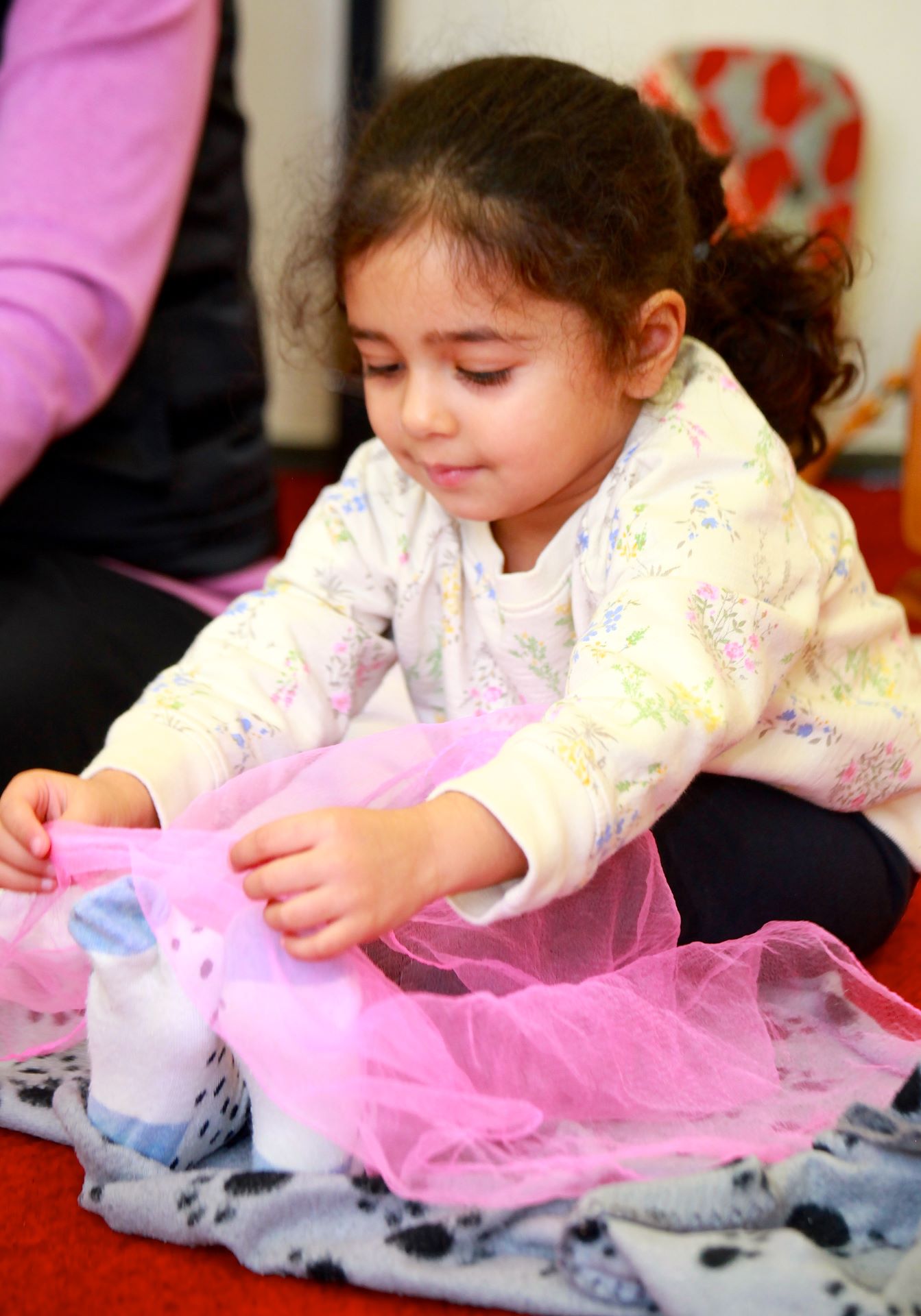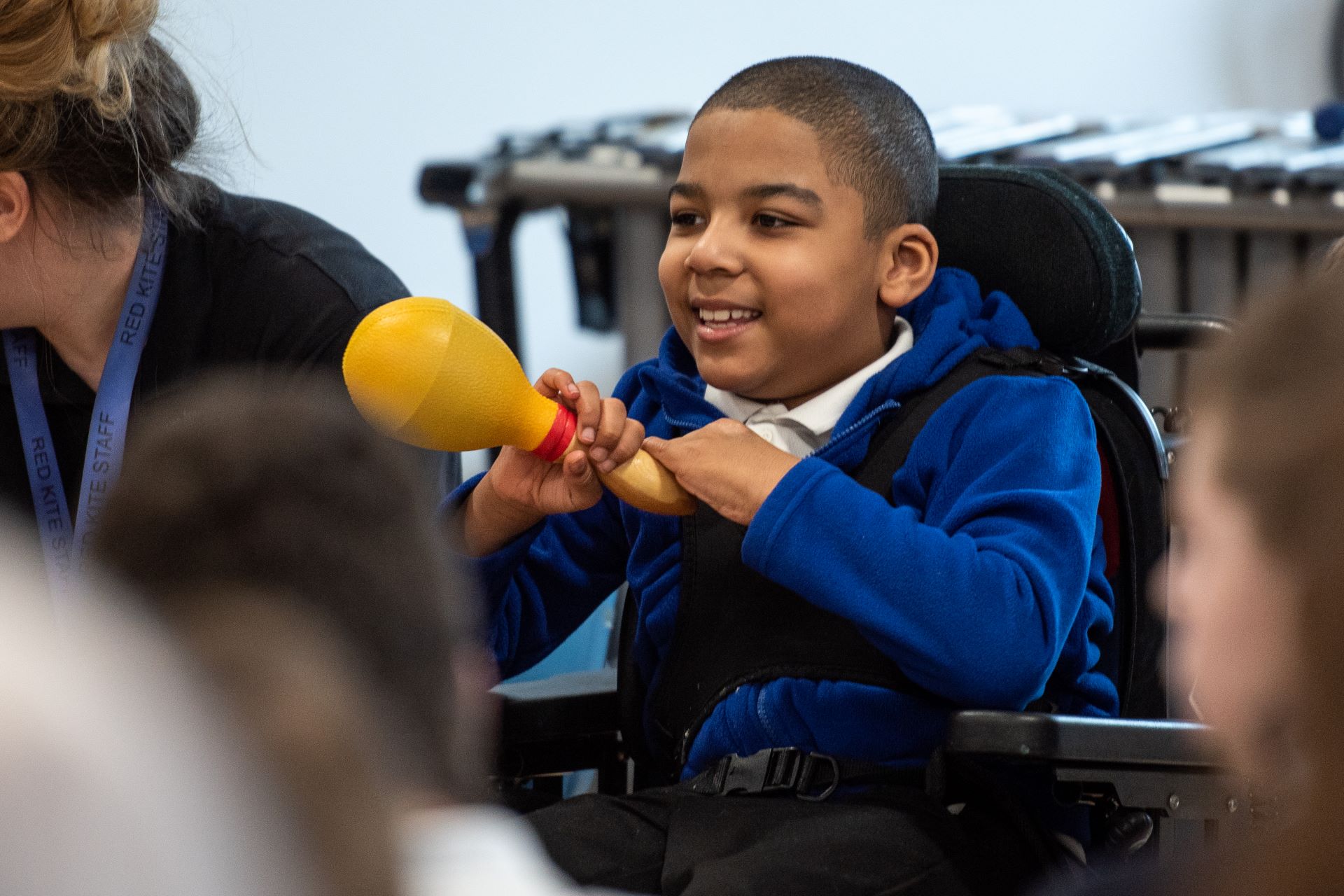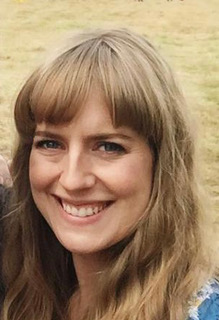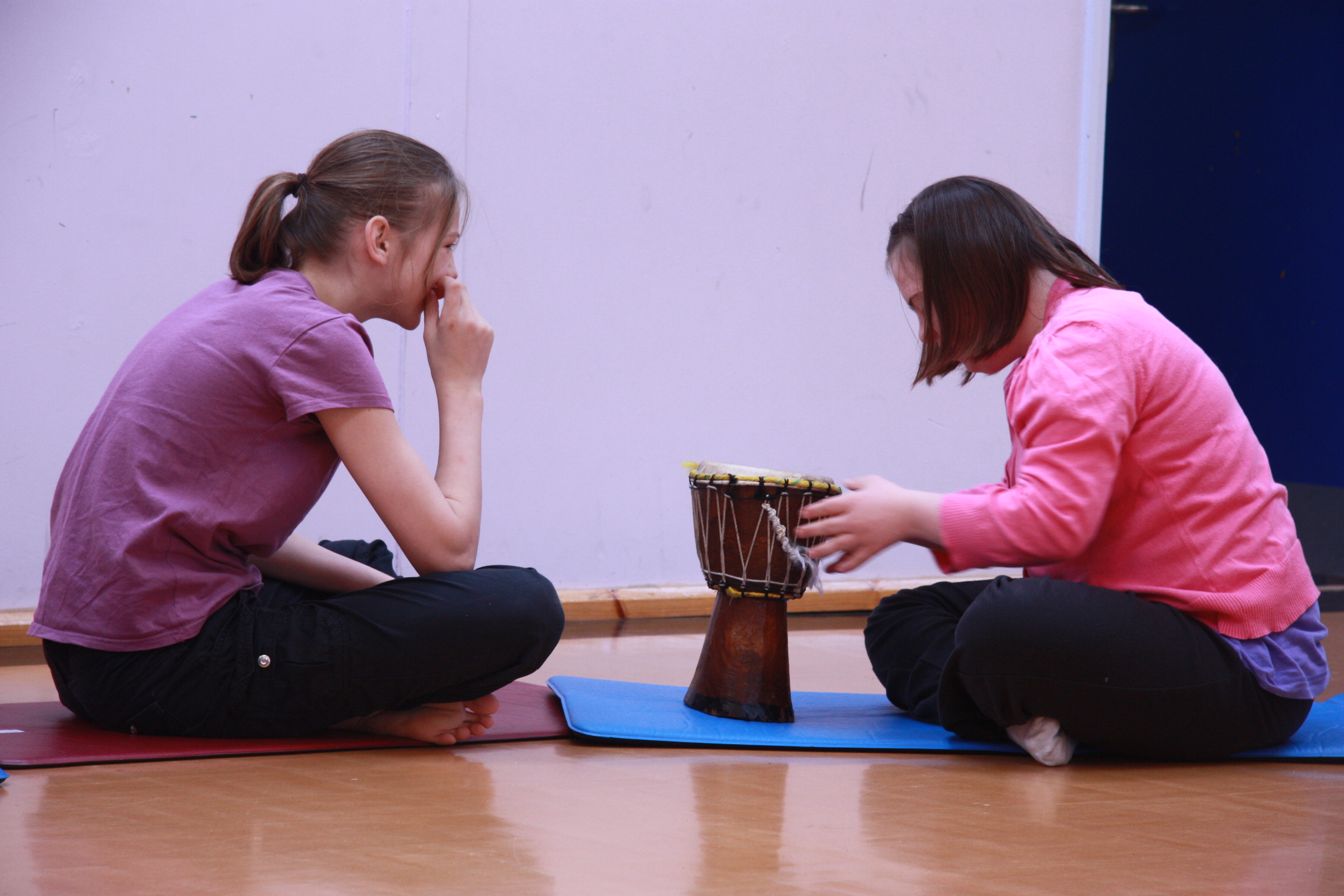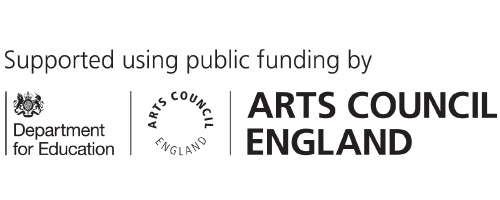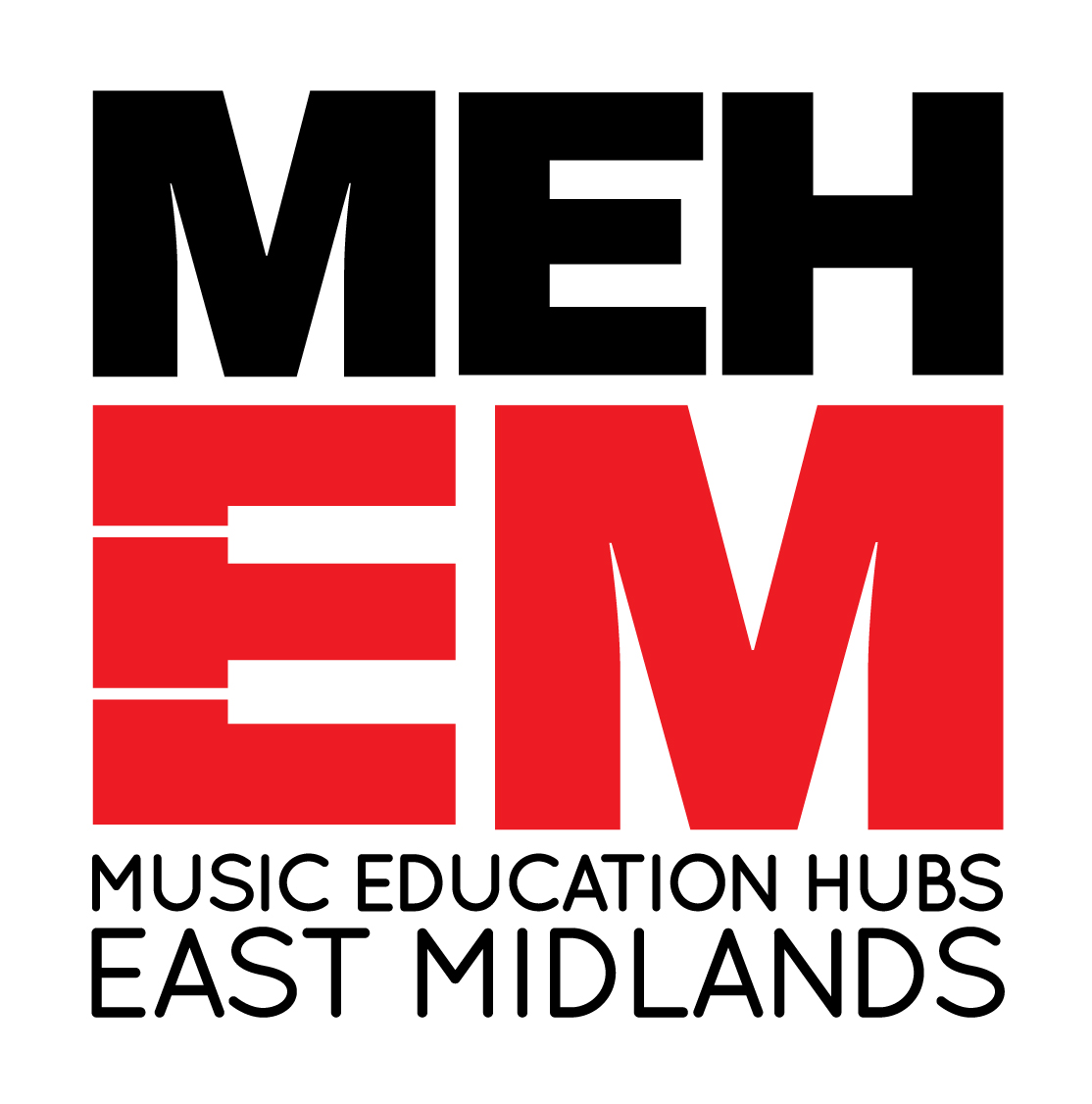Music Therapy
Started in 2018, NMPAT now provides Music Therapy sessions in SEND, SEMH (Social, Emotional and Mental Health), and Mainstream settings across the county. NMPAT Music Therapy consists of a team of three Therapists, whose profiles you can view below. All Music Therapists are registered with the Health and Care Professions Council (HCPC) and adhere to a professional code of ethics and standards of proficiency in line with the many other HCPC professions.
“Music Therapy is an established psychological clinical intervention, delivered by HCPC registered Music Therapists to help people whose lives have been affected by injury, illness or disability through supporting their psychological, emotional, cognitive, physical, communicative and social needs”
– British Association of Music Therapy (BAMT), 2023
Many children can be isolated by their individual disabilities and Music Therapy benefits these children in a 1:1 and group situation. In all sessions, the Music Therapist aims to diagnose through musical improvisation. By observing in detail a child’s musical and non-musical behaviour during a session, specific conclusions can be drawn concerning the child’s condition e.g. the child may demonstrate either extreme passivity or aggression through their handling of the instruments. The child may present an aspect of their personality through the music, which may rarely be expressed in other situations i.e. a withdrawn child may demonstrate an unusual sense of purpose or energy or a hyperactive child may show genuine sensitivity through their improvisation.
Children for whom verbal communication is difficult can express themselves more effectively through music. Music Therapy supports early language development because the interactions through improvisation involve all pre-linguistic skills. The ‘playing with sounds’ is parallel in structure and timing to early mother and child interactions – looking, waiting, give/take, back/forth, sound/silence, etc. These improvisations focus attention and sustain concentration, develop auditory awareness, listening ability, eye contact, initiation and imitation of vocal/verbal sound and gesture and develop repertoire – musical and verbal.
The safety and security of the therapy sessions can release feelings and the relationship developed can be a way of promoting change and growth. Individual Music Therapy aims to build trust and confidence, to develop self-esteem and a sense of worth, to enrich verbal communication and to provide an outlet for emotion.
Social, emotional and mental health issues can be difficult to manage in school. Music Therapists aim to identify triggers and make aims towards identifying alternative strategies to manage challenging behaviour, through using integrated approaches such as person-centred and behavioural approaches. Although talking can be very much a part of Music Therapy, it is not essential which means for many, it is perceived as a less threatening and less formal form of therapy, accessible to everyone.
Children and young people who don’t want to access traditional talking therapies, find that Music Therapy can be an engaging and less-formal method of dealing with particular difficulties or emotions. The use of music technology, including iPads, means that the Music Therapist is well-equipped to work with any genre of music that is engaging to the child or young person. Sessions may incorporate improvising, jamming and lyric and song-writing.

